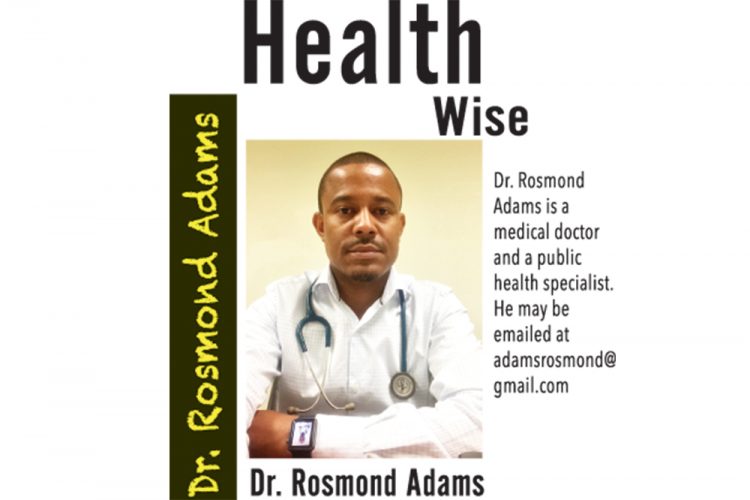Mumps a highly contagious disease

There are many contagious diseases that we hear about, but are rarely seen. Thanks to the development of vaccines and an effective vaccination programme that have helped to eliminate these diseases from our region. One such disease is Mumps.
Mumps is a highly contagious disease caused by a virus that passes from one person to another through saliva, nasal secretions, and close personal contact.
The condition primarily affects the salivary glands, also called the parotid glands. These glands are responsible for producing saliva. The most visible symptom of mumps is the swelling of the salivary glands.
The symptoms of mumps usually appear within two weeks of exposure to the virus. Flu-like symptoms may be the first to appear. Other signs and symptoms include fatigue, body ache, headache, loss of appetite, and fever. A high fever of 103°F (39°C) and swelling of the salivary glands follow over the next few days. The glands may not all swell at once. More commonly, they swell and become painful periodically.
Because mumps is a virus, it doesn’t respond to antibiotics or other medications. Treatment is purely symptomatic such as getting sufficient rest, taking over-the-counter pain reliever to bring down the fever, drinking plenty of fluids to avoid dehydration due to fever and eating a soft diet of soup, yogurt, and other foods that aren’t hard to chew (chewing may be painful when your glands are swollen).
Most people who get mumps can’t contract the disease a second time. Having the virus once protects you against becoming infected again.
The complications from mumps are rare but can be serious if left untreated. It can also cause inflammation in other areas of the body, including the brain and reproductive organs. Mumps can lead to meningitis or encephalitis, two potentially fatal conditions of the brain if left untreated.
Vaccination can prevent mumps. Most infants and children receive the vaccine for measles, mumps and rubella (MMR) at the same time. The first MMR shot is generally given between the ages of 12 and 15 months. A second vaccination is necessary for school-aged children between 4 and 6 years old. With two doses, the mumps vaccine is approximately 88 percent effective. The rate of effectiveness of only one dose is about 78 percent.
Remember to ensure that your vaccination record is up to date. If not, visit your health centre and get the necessary vaccines that will protect you from these communicable diseases. Also keep your vaccination record handy and safe so that it can be referred to when needed.
Dr Rosmond Adams, MD is a medical doctor and a public health specialist with training in bioethics and ethical issues in medicine, the life sciences and research. He is a lecturer of medical ethics.
He is the Head of Health Information, Communicable Disease and Emergency Response at the Caribbean Public Health Agency (CARPHA). He is also a member of the World Health Organization Global Coordination Mechanism on the Prevention and Control of NCDs.
(The views expressed here are not written on behalf of CARPHA nor the WHO).
You may contact him at adamsrosmond@gmail.com









